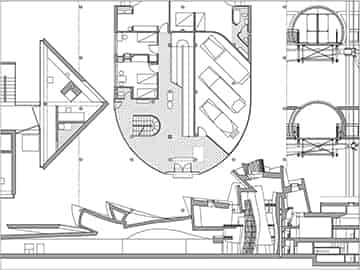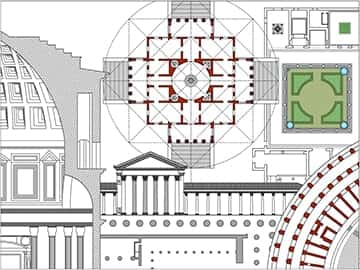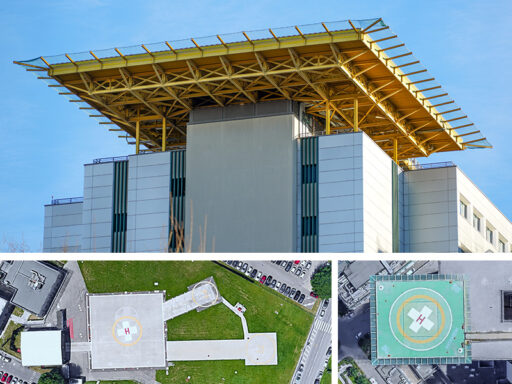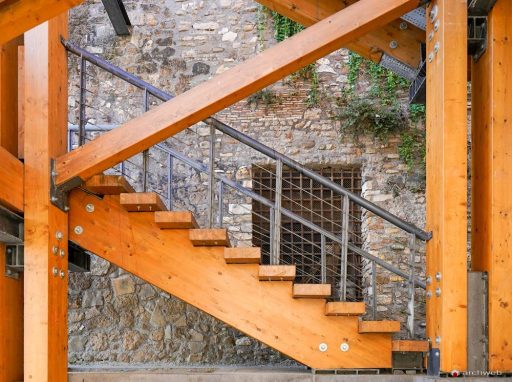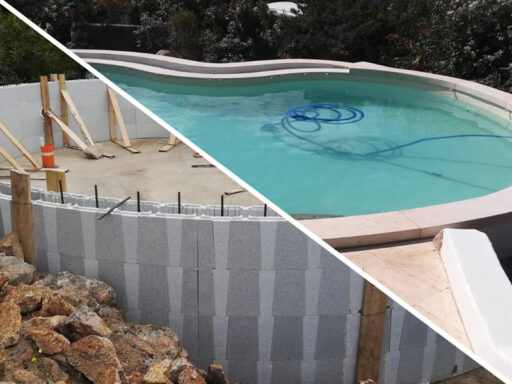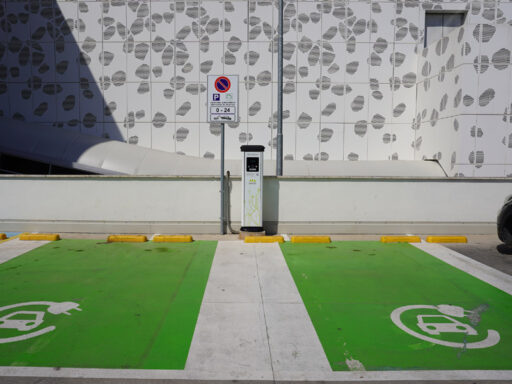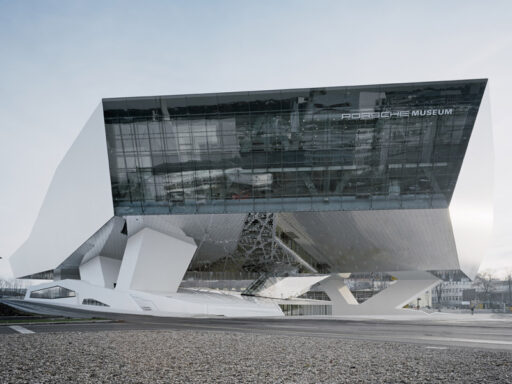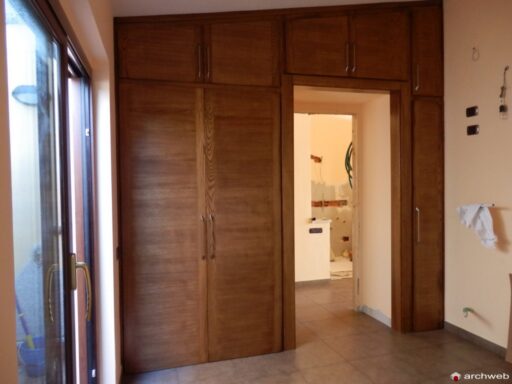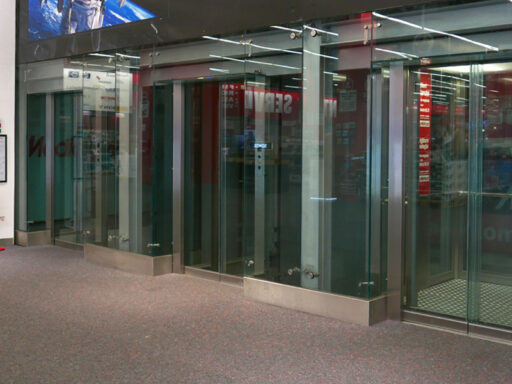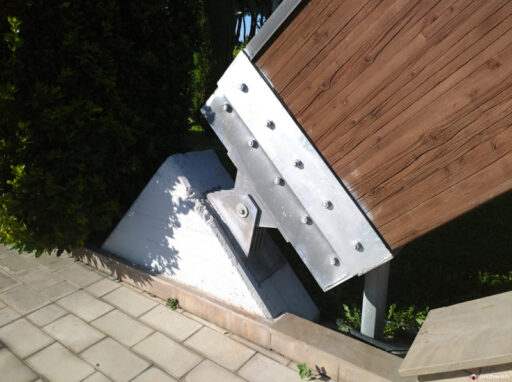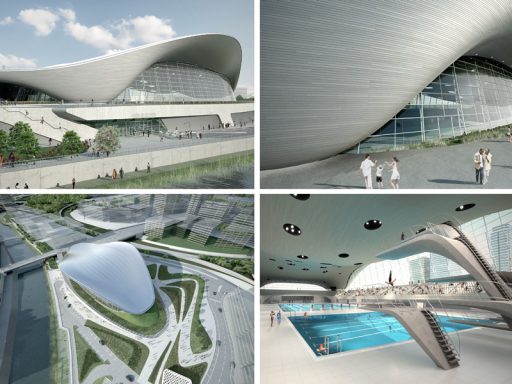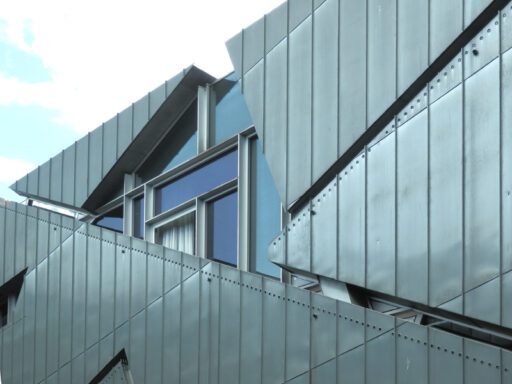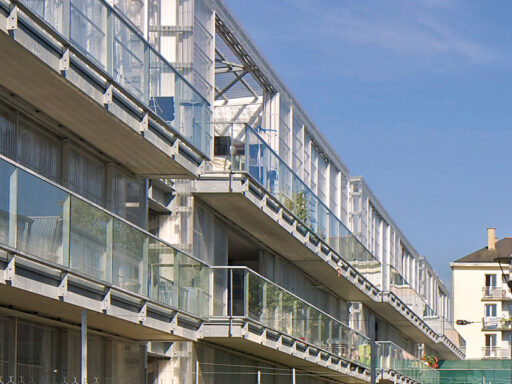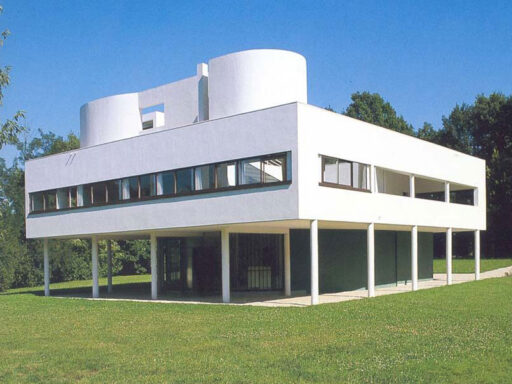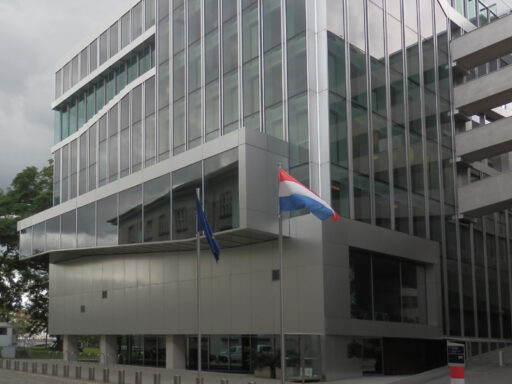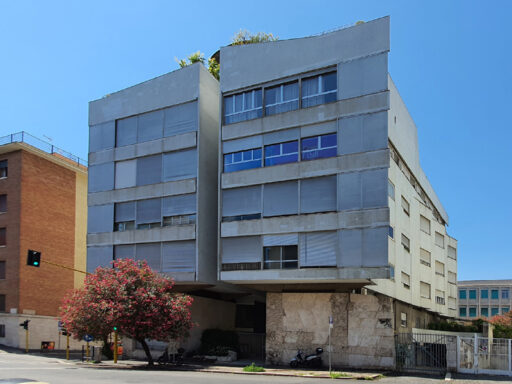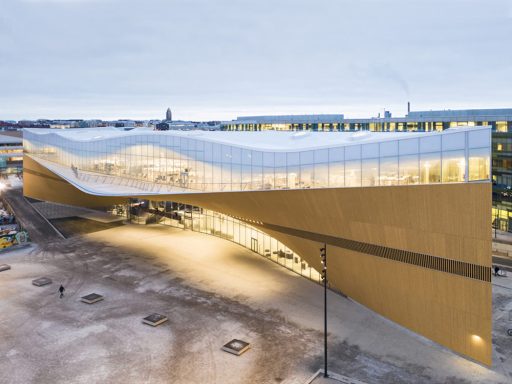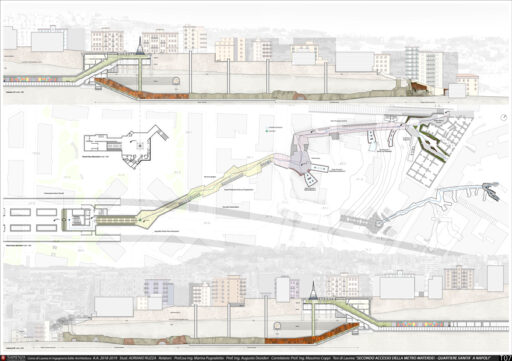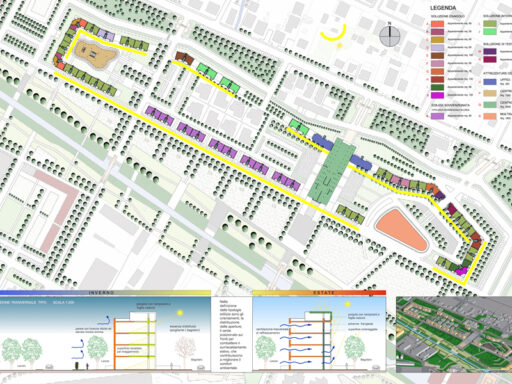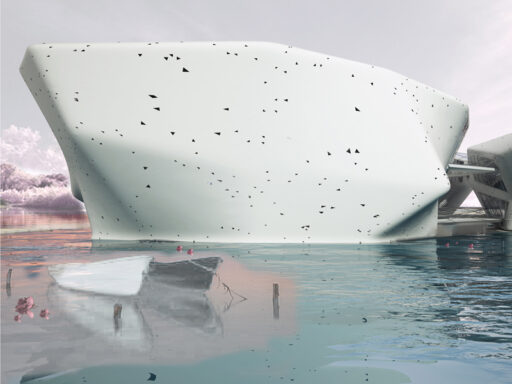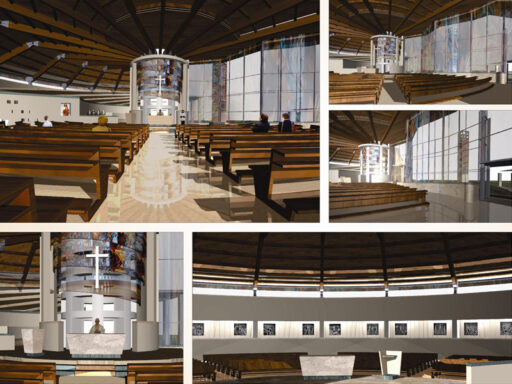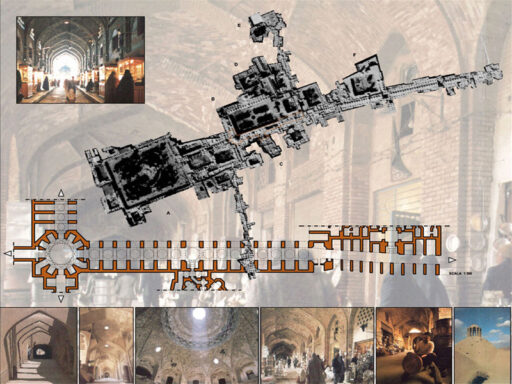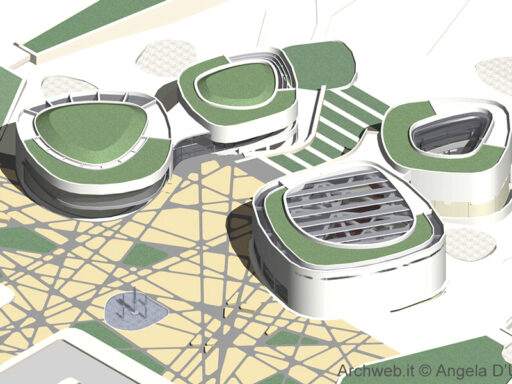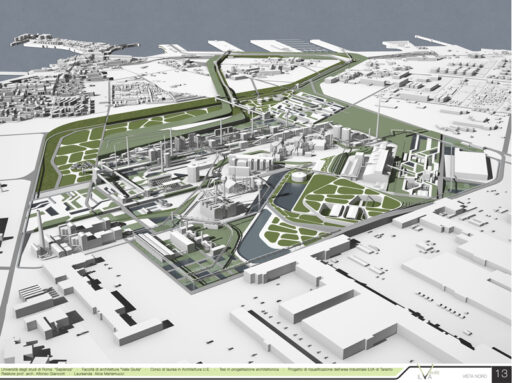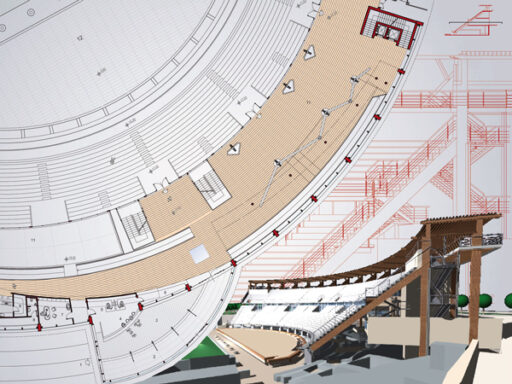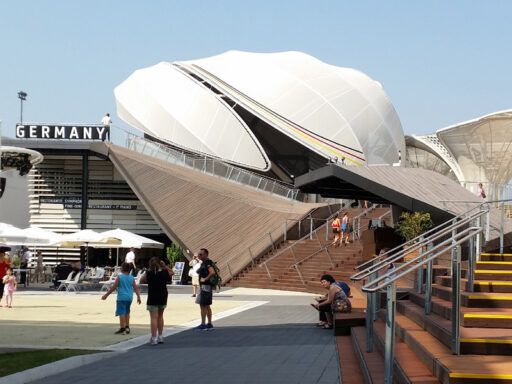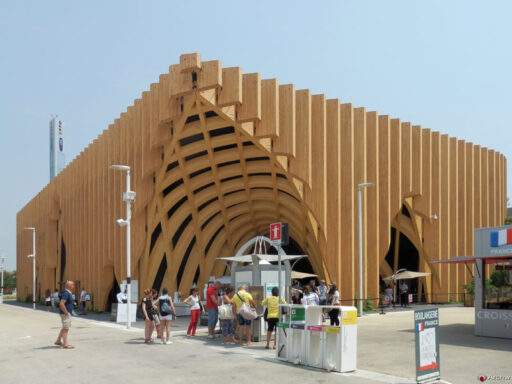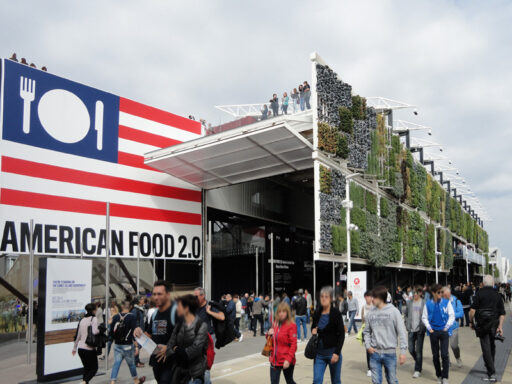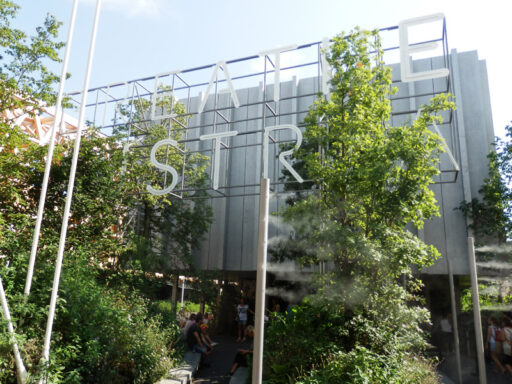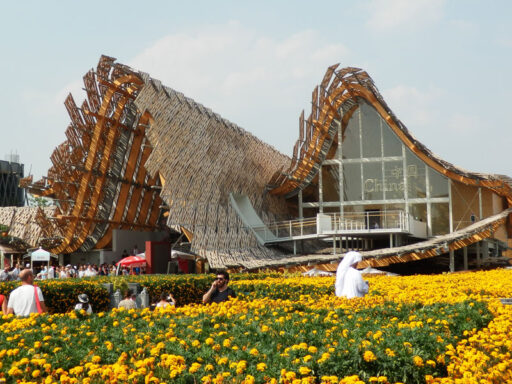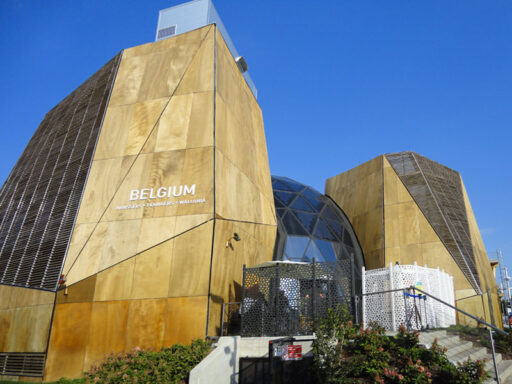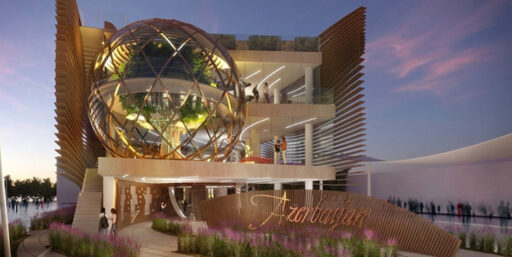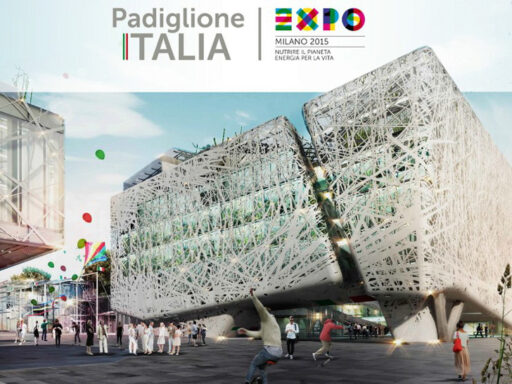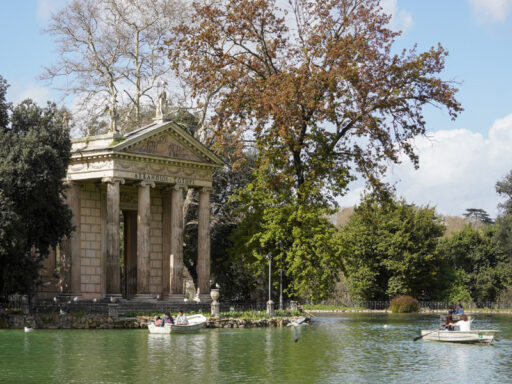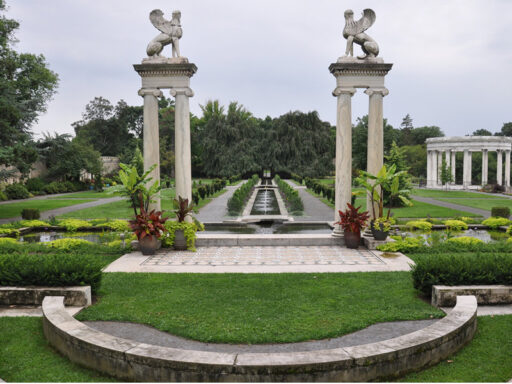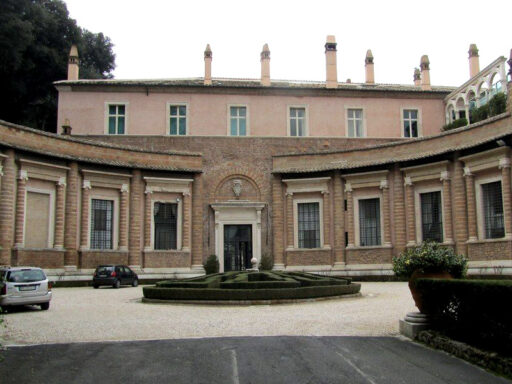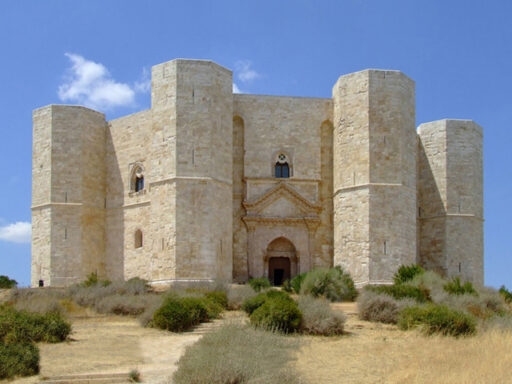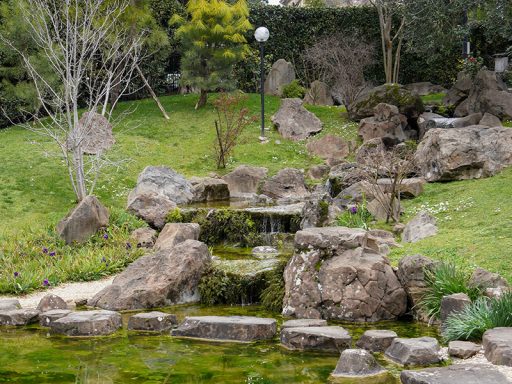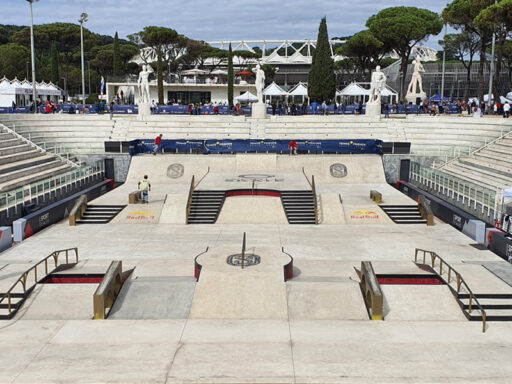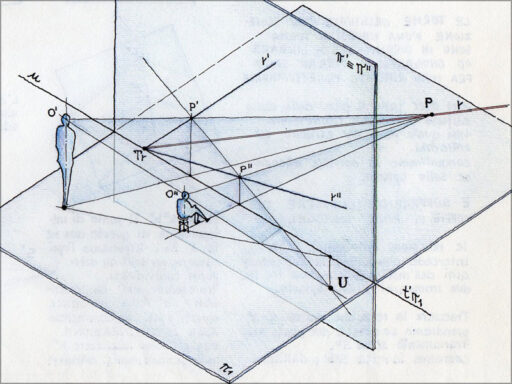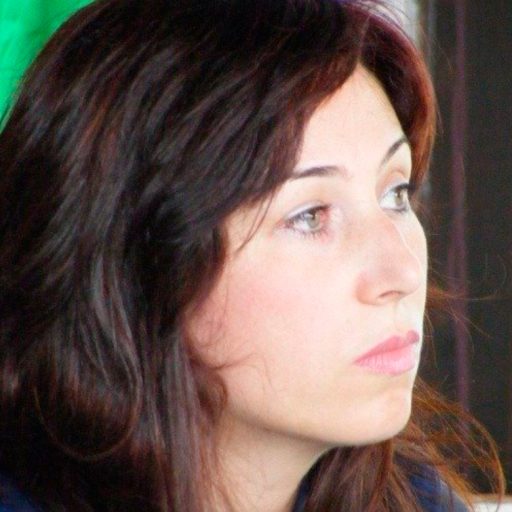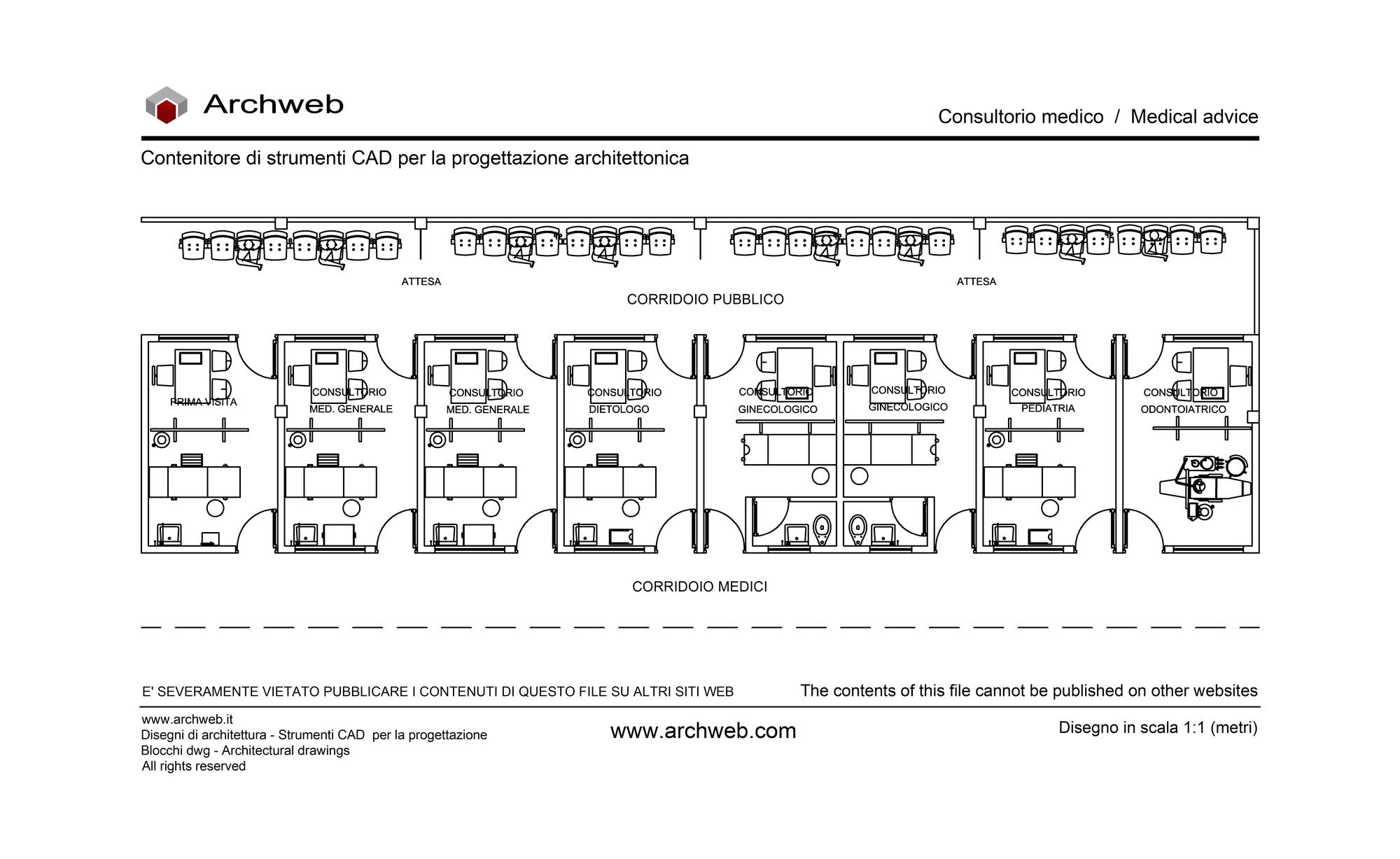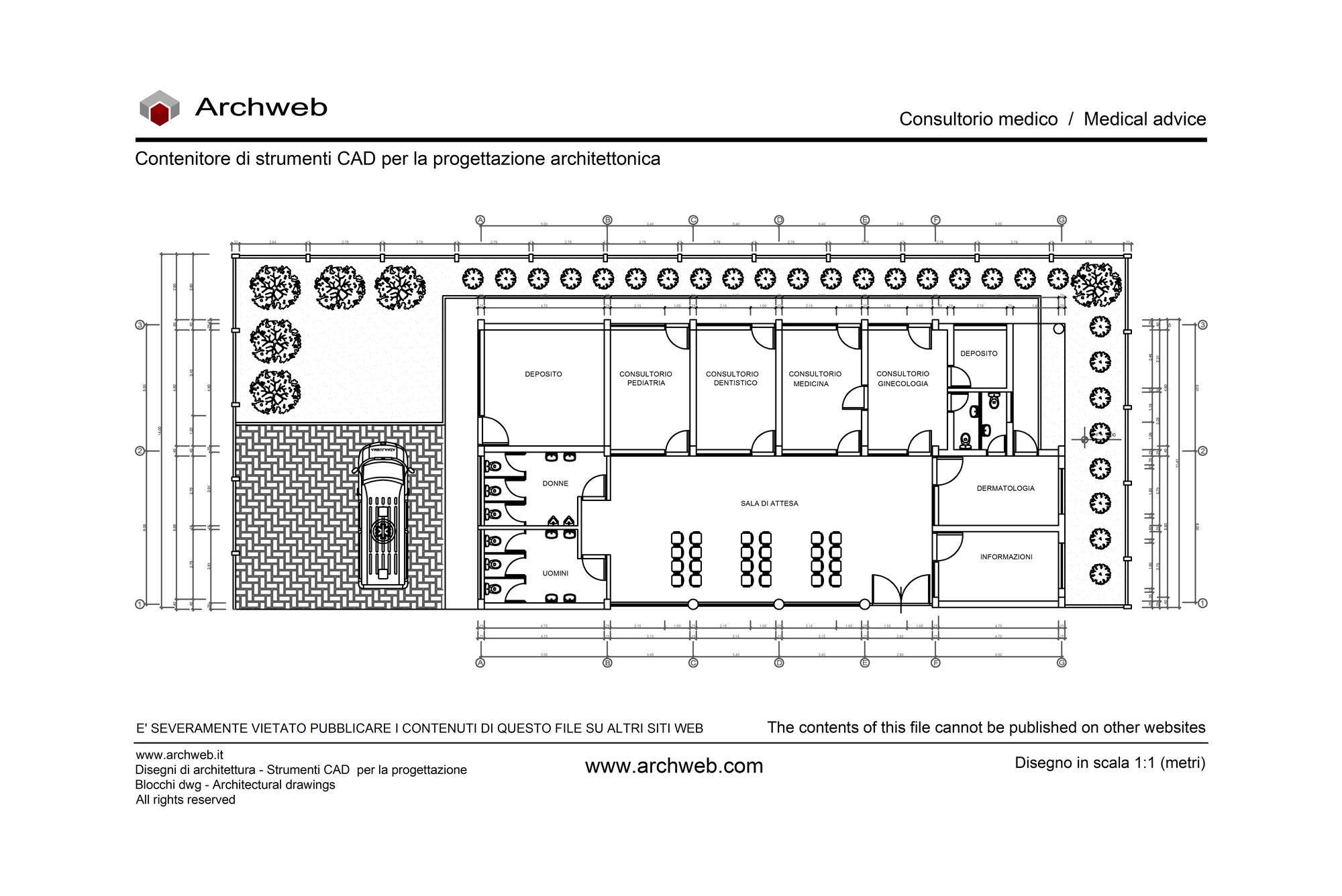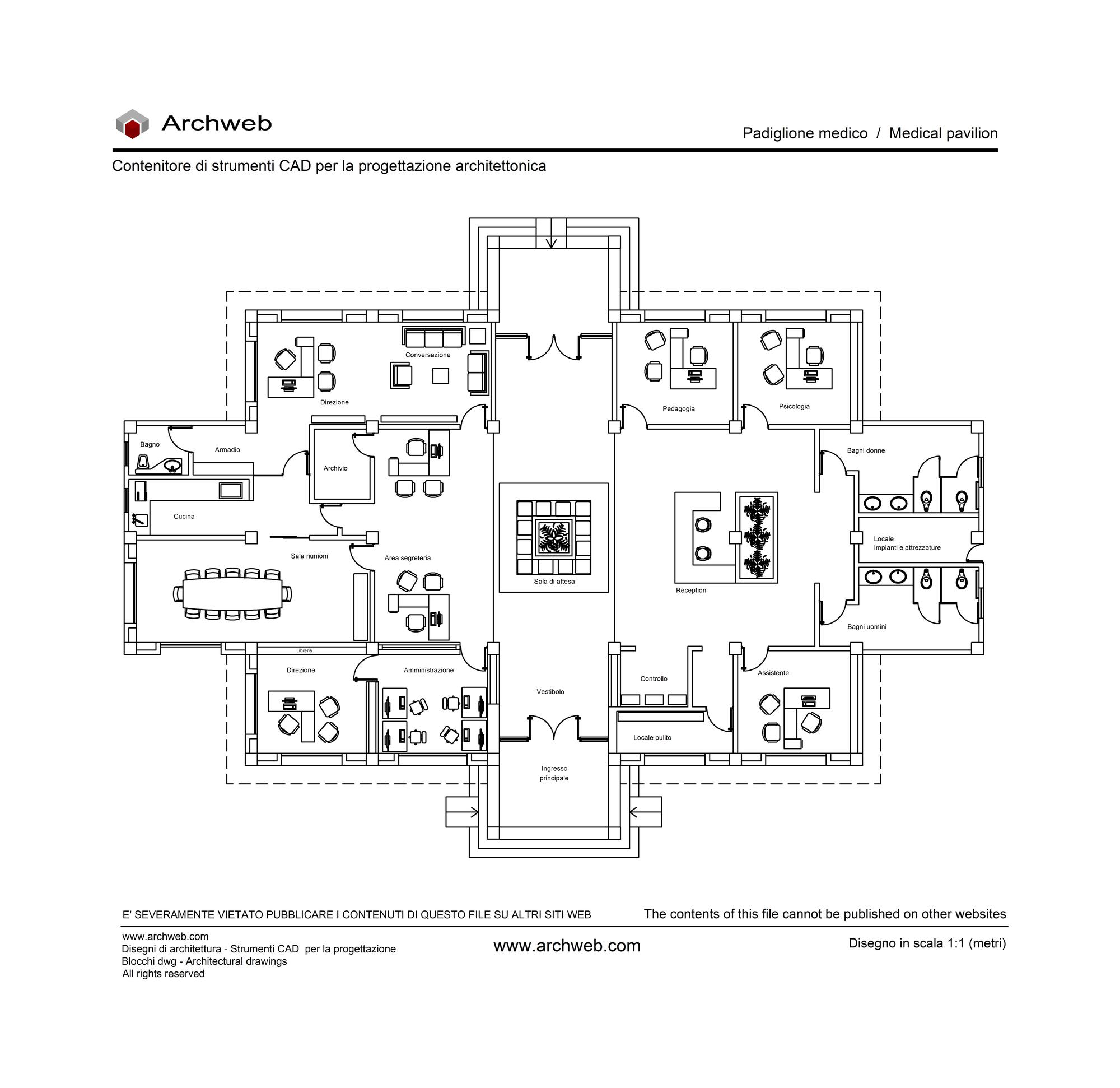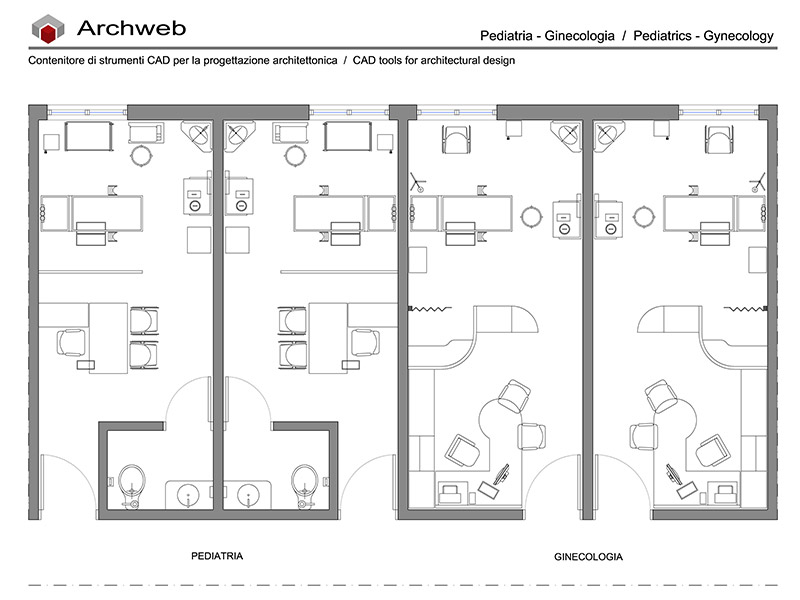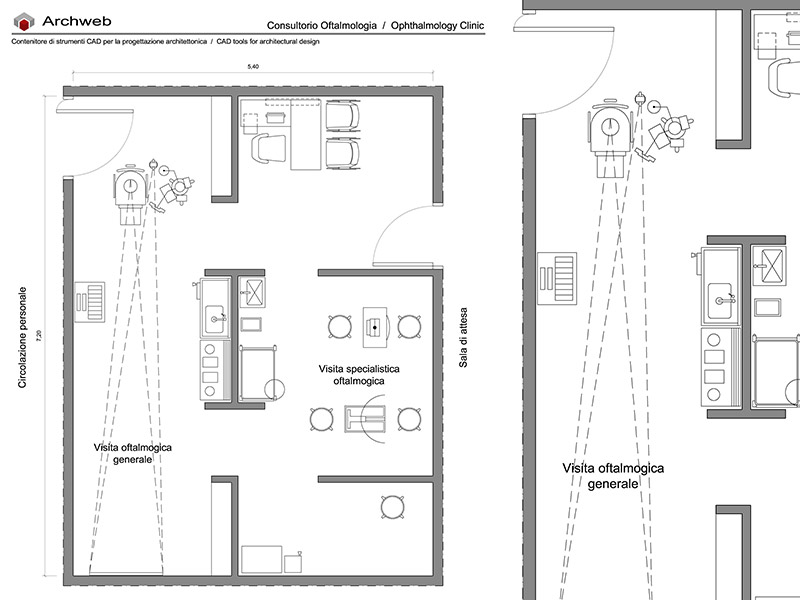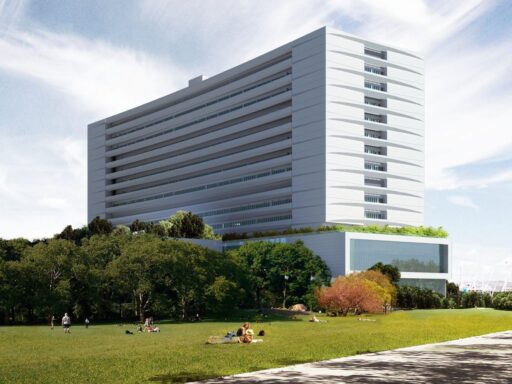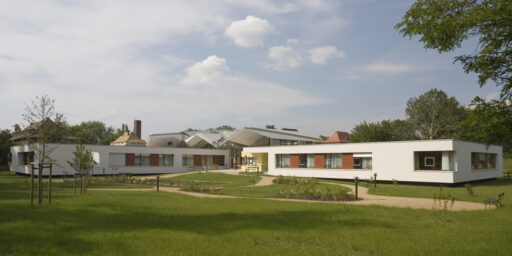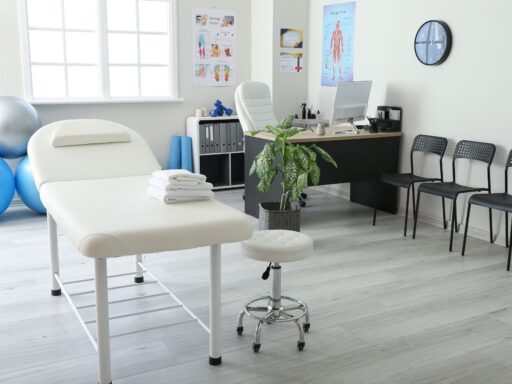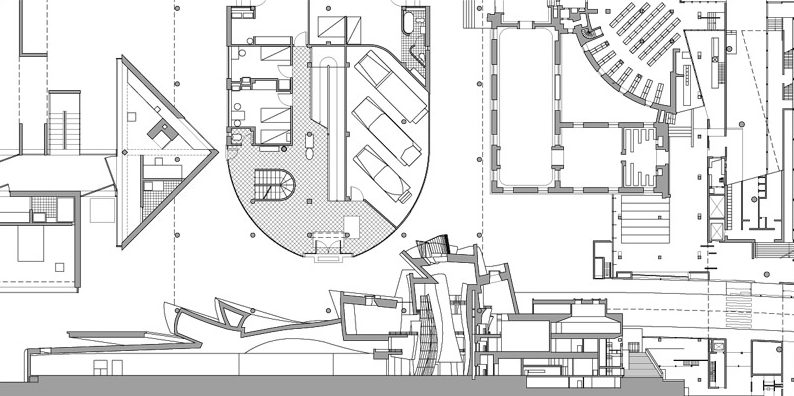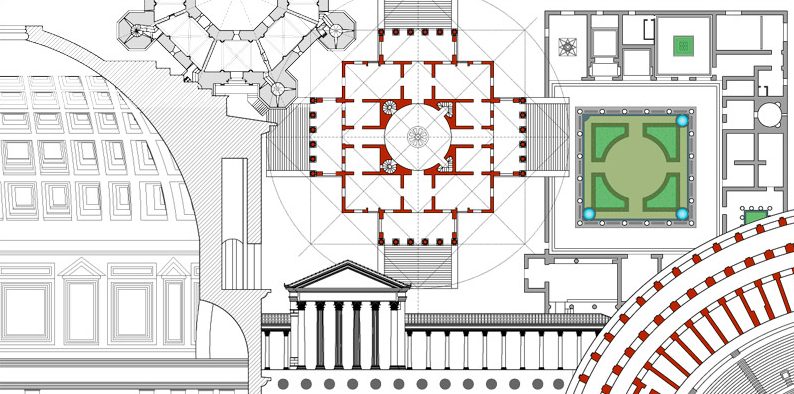Designing a family counselling centre
Design Guidelines
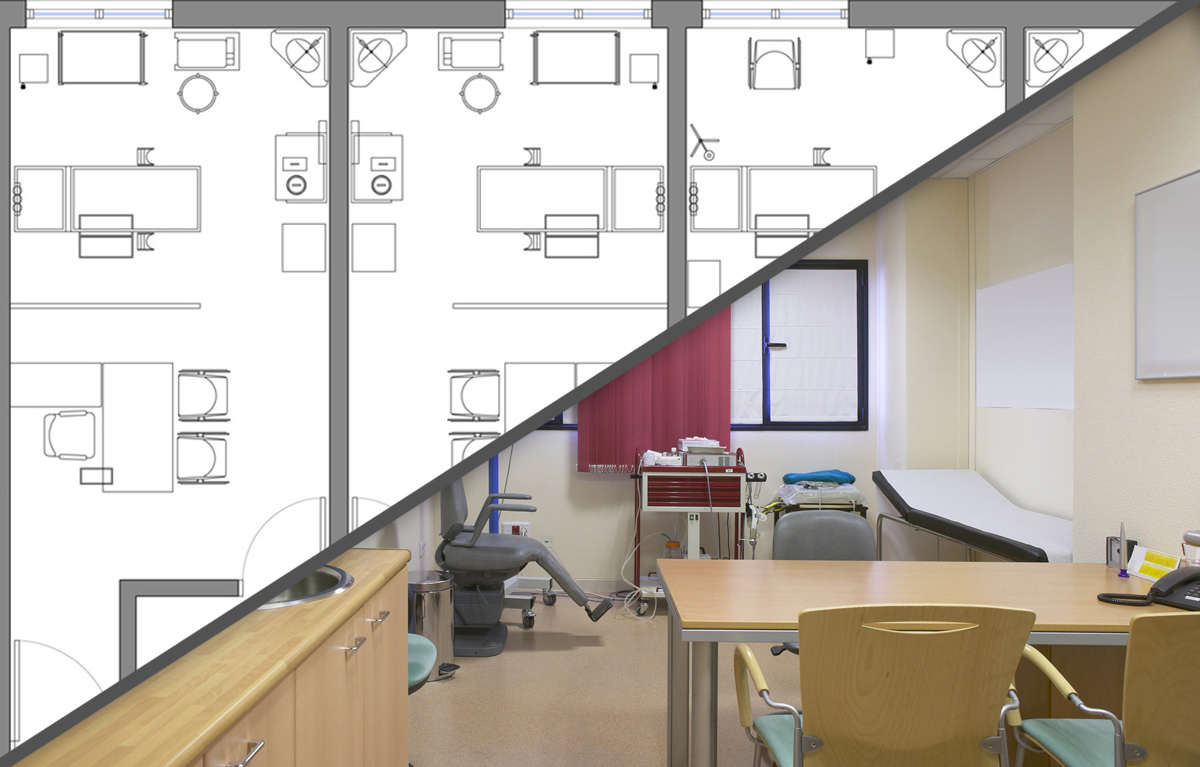
A family counselling centre is a crucial institution that provides integrated health and social care services for families within a community. These centres play a key role in promoting the general well-being of people, dealing with a wide range of health, education and social support issues.
Importance and benefits of family counselling centres
Family counselling centres are essential in providing families with easy access to high quality health, educational and social services. These centres play a crucial role in:
- Promote the health and well-being of the community.
- Offer preventive and routine care for all age groups.
- Provide support and counselling on issues related to pregnancy, parenting and family planning.
- Facilitate access to mental health and psychological support services.
- Promote education and awareness-raising on public health issues.
- Serve as a central point of reference for the entire community.
Through this wide range of services, family advice centres contribute significantly to improving the quality of life of families and strengthening the social fabric of the community.
Characteristics and functions of a family counselling centre
An ideal family counselling centre should be able to offer a wide range of services, including:
- Primary health care. Medical check-ups, routine examinations, vaccinations, primary care.
- Maternal and child health. Pre-natal counselling, birth assistance, post-natal counselling, paediatric care.
- Family planning. Contraception counselling, pregnancy tests, voluntary termination of pregnancy.
- Health education and promotion. Childbirth preparation courses, sex education classes, prevention programmes.
- Mental health and psychological support. Individual and family counselling, group therapy, stress management.
- Social services. Legal counselling, assistance in accessing benefits, support for families in difficulty.
In addition to these core services, a family counselling centre should also act as a reference and coordination centre for the entire community, facilitating access to additional resources and specialists.

Guidelines for designing a family counselling centre
It is possible to identify some common principles for counselling centres that should be taken into account during the design process:
- Accessibility. The counselling centre should be easily accessible and accessible to all members of the community, regardless of their physical, economic or social conditions.
- Multidisciplinarity. The services offered should cover a wide range of disciplines, from primary care to mental health, from education to social counselling.
- Integration of services. The various services should be closely integrated and coordinated to offer a holistic and person-centred approach.
- Privacy and confidentiality. The spaces and procedures of the counselling centre should guarantee maximum privacy and confidentiality for users.
- Sustainability. The design of the counselling centre should take into account long-term sustainability, both economically and environmentally.
These guidelines represent a fundamental starting point for the creation of an effective family counselling centre that meets the needs of the community.
Facilities and space needed in a family counselling centre
The design of spaces in a family counselling centre must take into account the different functions and activities that will take place there. Here are some of the key environments to consider:
- Reception and waiting areas. Bright, comfortable spaces for welcoming users and their families.
- Medical outpatient clinics. Private rooms for medical examinations, tests and consultations.
- Classrooms and rooms for group activities. Spaces suitable for courses, classes and health education and promotion activities.
- Offices for social services. Private rooms for psychological and social interviews and counselling.
- Spaces for staff. Offices, meeting rooms and breakout areas for the multidisciplinary team.
- Support areas. Spaces for sterilisation, storage and logistics.
The layout and design of these rooms should be carefully studied to ensure maximum comfort, privacy and operational efficiency of the counselling centre.
Design and layout of a family counselling centre
The design of a family counselling centre must follow principles of functionality, accessibility and flexibility. Here are some key aspects to consider:
- Circulation flows. Clear and intuitive routes for users, staff and services.
- Separation of flows. Separate areas for different services, with separate access and waiting areas.
- Signage and wayfinding. Clear signage to orient users within the facility.
- Lighting and ventilation. Bright, well-ventilated environments that promote occupant well-being.
- Accessibility. Spaces and equipment suitable for people with disabilities or reduced mobility.
- Space flexibility. Modular and adaptable spaces to accommodate different activities.
A well-designed and organised layout will help to improve the user experience and the operational efficiency of the consulting room.
Equipment and furnishings for a family counselling centre
The choice of equipment and furniture for a family counselling centre must take into account the different needs and activities that will take place there. Some key elements to consider
- Medical equipment. Diagnostic instruments, beds and couches for examinations and examinations.
- Furniture for surgeries. Desks, chairs, cabinets and shelving for medical areas.
- Furniture for classrooms and meeting rooms. Tables, chairs, blackboards and equipment for group activities.
- Furniture for social services. Sofas, armchairs and coffee tables to create cosy and informal environments.
- Signage and information. Panels, displays and information materials for users.
- Furniture for common areas. Armchairs, coffee tables and furnishings for waiting and reception areas.
The choice of quality, ergonomic and accessibility-conscious equipment and furniture will help to improve the user experience and staff well-being.
Technologies and tools for a modern family counselling centre
The integration of state-of-the-art technology can significantly improve the efficiency and quality of services offered by a family counselling centre. Here are some examples of technological solutions to consider:
- Computer and data management systems. Software for patient management, appointment booking and medical record archiving.
- Telemedicine and teleconsultation. Platforms for remote visits and consultations, especially for rural or difficult-to-access areas.
- Remote monitoring. Wearable devices and sensors for continuous monitoring of vital and health parameters.
- Education and information tools. Touchscreens, interactive displays and apps for user health education.
- Security and control systems. Surveillance cameras, access controls and fire prevention solutions.
The adoption of these cutting-edge technologies will help make family counselling more efficient, accessible and state-of-the-art.
Accessibility and safety in family counselling centres
Ensuring the accessibility and safety of users and staff is a key aspect in the design of a family counselling centre. Here are some key elements to consider:
- Physical accessibility. Ramps, lifts, toilets and spaces suitable for people with disabilities.
- Affordability. Fees and services accessible to all income groups.
- Linguistic accessibility. Multilingual staff and information materials translated into several languages.
- Safety of environments. Fire protection systems, emergency exits, adequate lighting.
- Information security. Protocols for handling sensitive data and user privacy.
- Staff security. Staff training, emergency procedures and alarm systems.
Paying close attention to these aspects will ensure a safe and inclusive environment for all those who attend the family counselling centre.
Conclusions: The essential role of family counselling centres in the community
In conclusion, family counselling centres play an essential role in promoting community wellbeing and health. Through their ability to offer integrated health, educational and social services, these institutions contribute significantly to improving the quality of life of families and strengthening the social fabric.
related cad blocks
DWG
